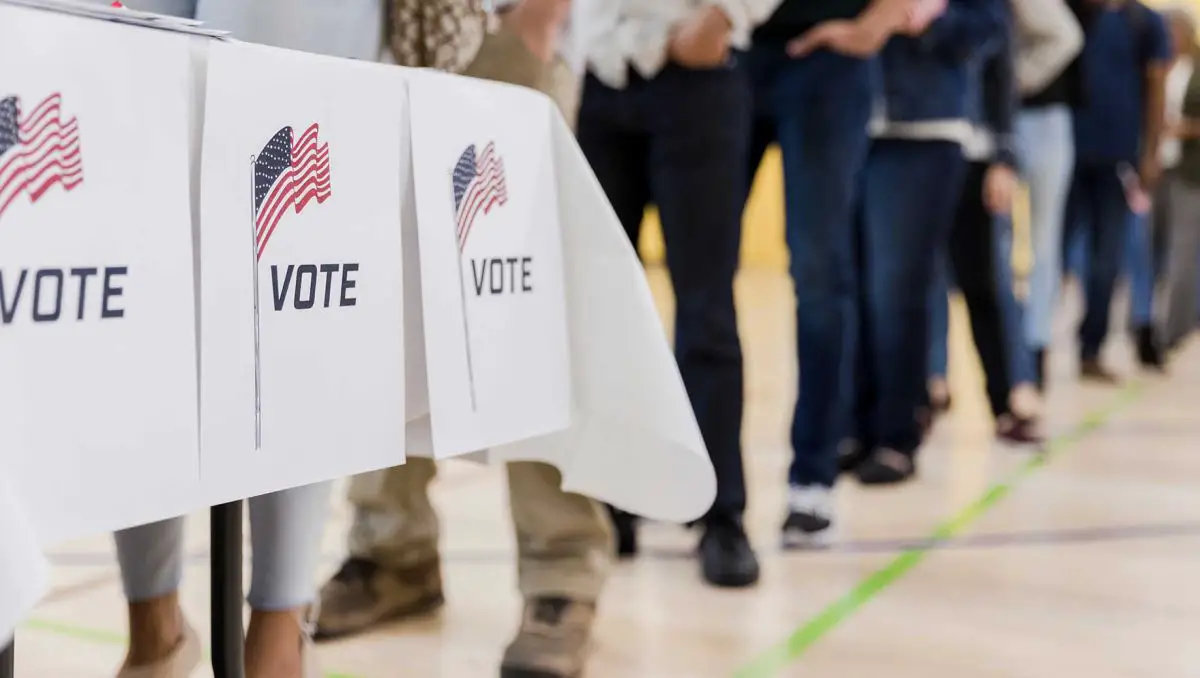A lot of pollsters seem to think so, at least in private. Publicly they’re just doing their job, gathering data, and putting out numbers they sort of think will best represent a potential outcome of the midterm election next month.
On the inside, however, many pollsters fear the same thing is happening in 2022 as happened in 2016. The “shy” Trump voter effect seems to be very much back in play. Democrats seem intent on festering the opinion that voting for Donald Trump or supporting his policies is akin to supporting domestic terrorism. President Biden even said as much when he gave a speech to unify the country by accusing half the country of being associated with the “MAGA Republican” domestic terrorism organization.
In short, there are many voters, from various parts of the spectrum, who will not voice their support for policies or candidates which are associated with Donald Trump for fear of being ridiculed or “canceled” by naysayers. They will not answer a pollster phone call. They will not respond to a pollster text message. They will not take an anonymous online survey. They simply do not exist in the eyes of the data gatherers, but they’re out there, and the pollsters know it.
Writing in the Washington Post, Mark Weaver, an election law attorney, suggests that the same phenomenon which undercounted trump voters in 2016 is still very much happening today, maybe to an even greater degree. Weaver notes that examining recent polling out of Ohio, for example, shows a disproportionately high number of poll respondents with a college degree, much higher than the general population. What does this mean? It could be an underrepresentation of Election Day turnout that may favor Republicans:
What caught my attention in the poll’s details was the information that 45 percent of respondents had a college degree. A check of the most recent census data indicates that in Ohio, only about 29 percent of the adult population has a bachelor’s degree or higher.
Even adjusting for the fact that likely voters tend to be more educated, it’s clear that Trump supporters likely to favor Vance were significantly underrepresented.
It doesn’t take a statistician or election attorney to check the numbers and wonder whether the results are truly an accurate representation of what will happen in November or not.
One national pollster has called these under-polled Trump supporters “submerged voters,” and the term seems apt, given how much can occur underneath the whitecaps of a roiling political seascape. He isn’t alone. Other pollsters have told me they share this view, and even their diligent efforts to counteract the effect — such as moving away from phone calls toward more online surveys and oversampling known GOP voters — have been unavailing.
The folks at Rasmussen Reports noticed Weaver’s article and also chimed in:
It's October 2022 and voter demonization has 'submerged voters' approaching crush depth. What to do?
Why you avoid phones & add known urban/metro skewing commercial online panel & text message completes in for the missing Republicans & Independents. That's the ticket.
? https://t.co/3QnDmTaa9A pic.twitter.com/hTNTiMYedZ
— Rasmussen Reports (@Rasmussen_Poll) October 3, 2022
If voters feel demonized for their choices, they’re less likely to answer the phone or admit to pollsters how they plan to vote. The question is what kind of margins we’re talking about here. Is this one to two percent of possible voters, or more like four to five percent? If it’s the latter, then polls showing a dead heat or Democrats just a point or two ahead are probably leaning more toward Republicans. If it’s only as small as a one or two point undercount, then November might be a red wave, but not a tsunami red wave.
There’s no way to scientifically know other than to examine the data, as Weaver found in Ohio, and look for discrepancies between the poll cross tabs and the actual demographic makeup for a state. Could the “shy Trump voter” effect be happening in 2022? We’ll find out in November.
Donate Now to Support Election Central
- Help defend independent journalism
- Directly support this website and our efforts
